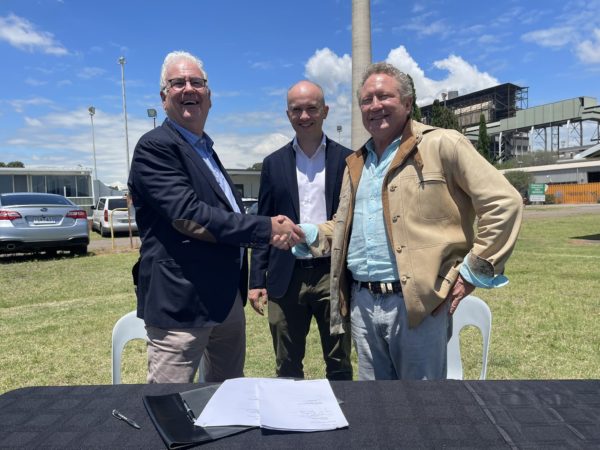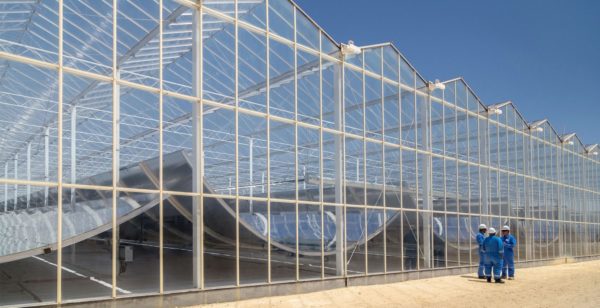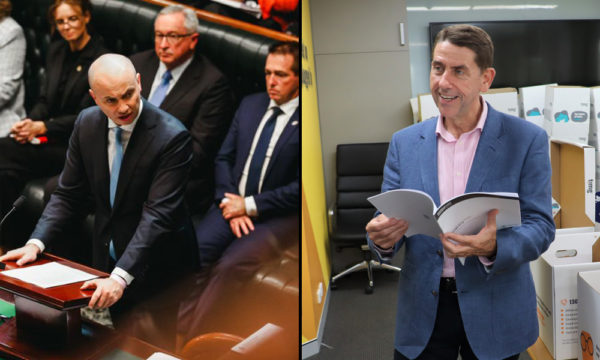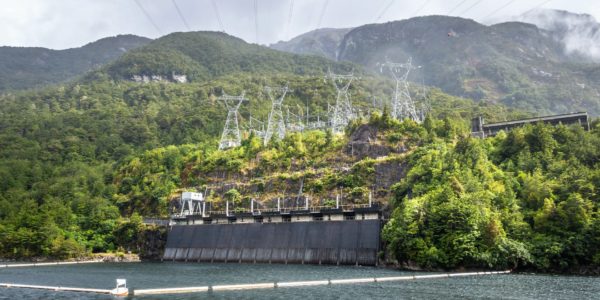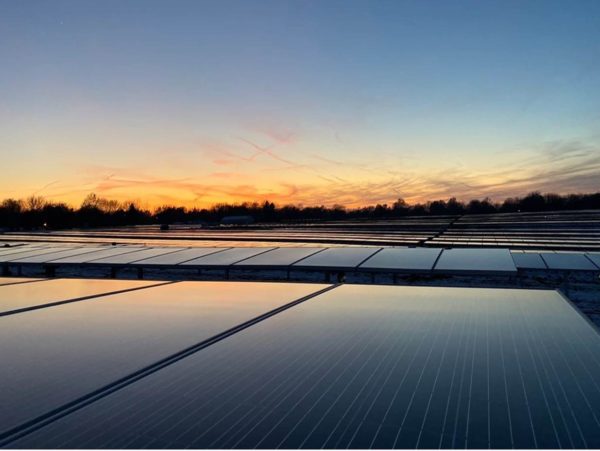Search Results for "fortescue"
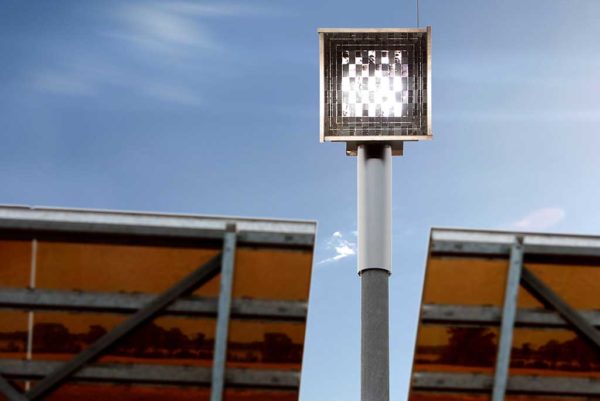
Article
Aug 10, 2022
Melbourne startup RayGen, which merges solar generation with long-duration electro-thermal…
Press Release
Jun 16, 2022
Fortescue Metals Group has announced a partnership with multi-national equipment…
Press Release
May 18, 2022
Fortescue Metals Group Ltd (Fortescue, ASX: FMG) today announced it…
Press Release
May 13, 2022
Global green energy company Fortescue Future Industries today announced it…
Filter Results

